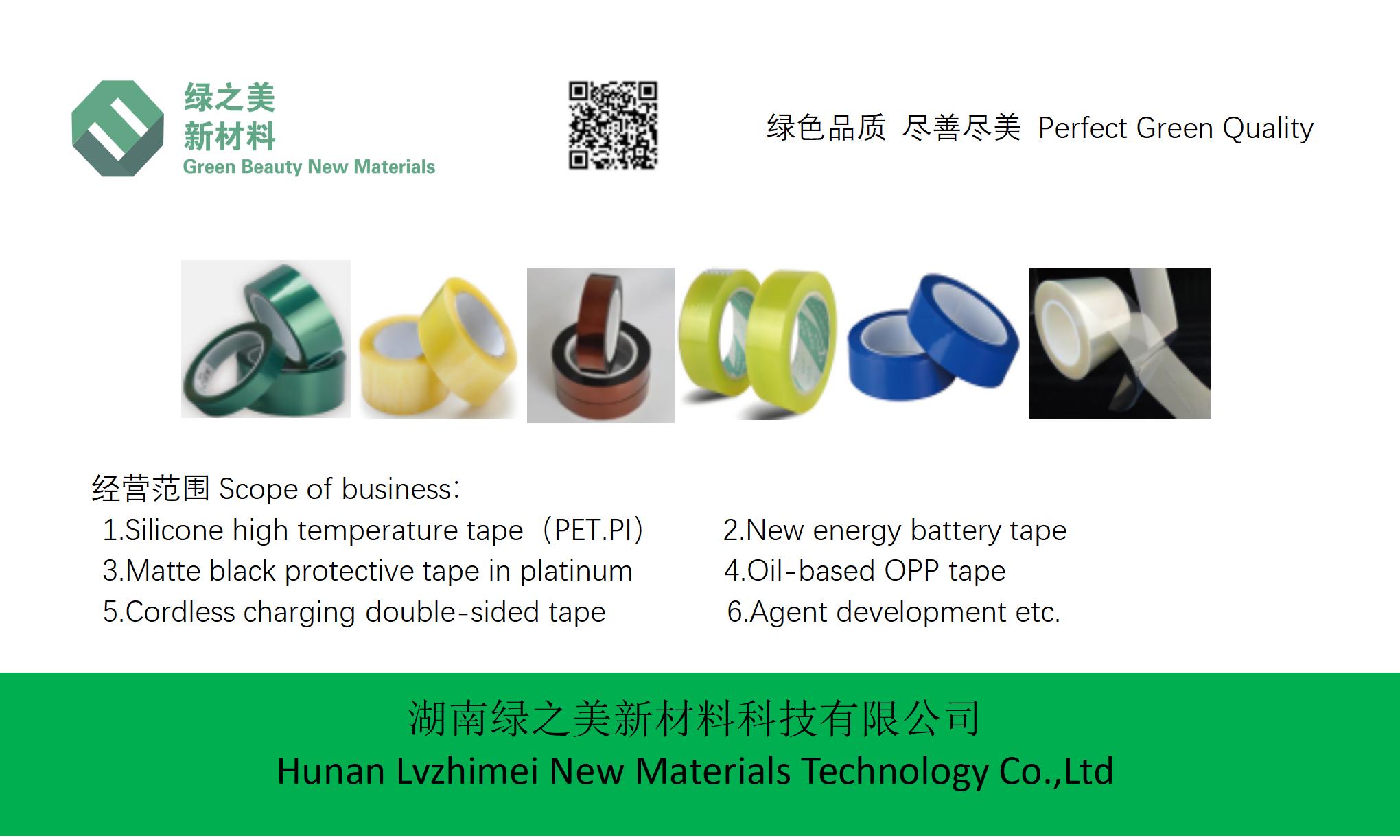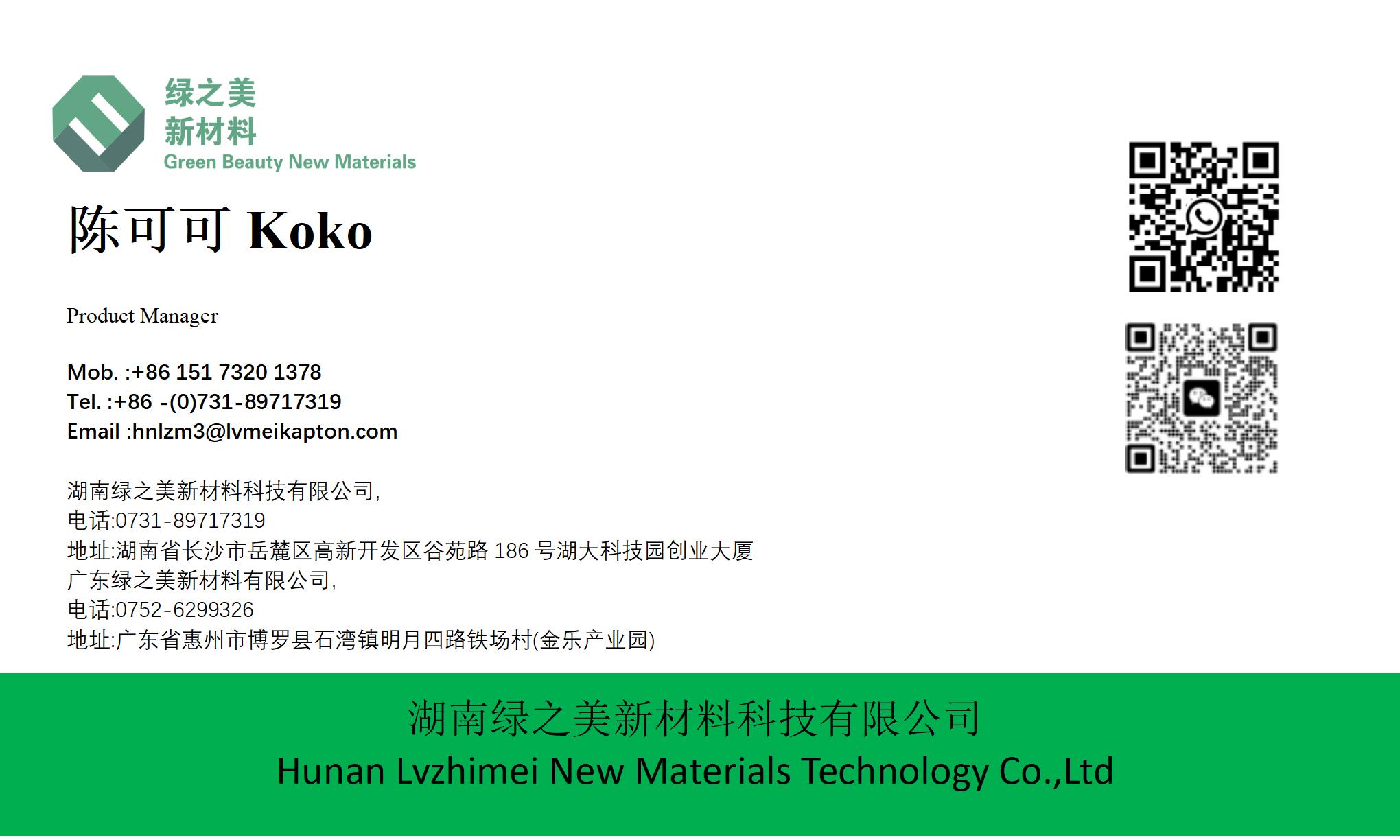



How Does Strong Adhesion and Blocking High Temperature Tape Improve Industrial Motor Efficiency? |https://www.lvmeikapton.com/
Industrial motors face several key challenges that directly impact their performance:
Thermal Degradation
Motors generate significant heat during operation, especially in high-load applications. Excessive temperatures can degrade insulation materials, causing shorts, coil failures, and reduced lifespan. Traditional tapes may lose adhesion or melt under prolonged heat exposure, compromising safety and efficiency.Mechanical Stress
Vibration and mechanical stress from continuous rotation can loosen components, such as winding coils and terminal connections. Poor fixation leads to abrasion, electrical contact issues, and increased energy losses due to friction.Electrical Insulation Breakdown
Motors operating in harsh environments (e.g., high humidity, chemical exposure) are prone to insulation deterioration. Moisture ingress, corrosive substances, and electromagnetic interference can degrade dielectric properties, resulting in arcing, sparking, and premature failure.
Advanced tapes designed for industrial applications offer targeted solutions to these challenges. Key features include:
1. Superior Thermal Resistance
| Tape Type | Continuous Use Temperature | Short-term Max Temperature |
|---|---|---|
| LVMEIKAPTON Tape | 260°C | 300°C (10 mins) |
| Adhesive PET Tape | 200°C | 250°C (30 mins) |
| Traditional Vinyl | 120°C | 150°C (1 hr) |
2. Enhanced Adhesion for Long-term Stability
3. Electrical Insulation and Corrosion Resistance
The integration of high-temperature tapes into motor design and maintenance processes delivers significant benefits:
1. Coil Insulation and Thermal Protection
2. Terminal and Connector Protection
3. Spray Coating and Powder Coating Masking
A leading automotive parts manufacturer replaced traditional insulation tapes with LVMEIKAPTON tapes in their induction motors. The results were remarkable:
Energy Savings: Motor operating temperatures decreased by 15°C, reducing cooling system energy consumption by 12%.
Downtime Reduction: Tape-related failures (e.g., insulation cracking) dropped by 80%, extending motor lifespans by 2-3 years.
Maintenance Costs: Annual maintenance costs decreased by $ 30,000 per production line due to fewer repairs and replacements.
Recent advancements in tape materials further enhance motor efficiency:
1. Dual-sided Tapes for Simplified Assembly
2. Anti-static and EMI Shielding Variants
3. Customized Profiles for Complex Geometries
High-temperature tapes are increasingly designed with sustainability in mind. For example:
Low Outgassing: LVMEIKAPTON tapes release minimal volatile organic compounds (VOCs) during high-temperature curing, meeting cleanroom requirements.
Recyclability: Some PET-based tapes feature recyclable substrates, reducing environmental impact.
Safety Compliance: Tapes meet UL, RoHS, and other global safety standards, ensuring compatibility with regulatory requirements.
Strong adhesion and blocking high-temperature tapes play a pivotal role in improving industrial motor efficiency by addressing thermal, mechanical, and electrical challenges. Through enhanced insulation, secure component fixation, and environmental resistance, these materials not only extend motor lifespans but also reduce energy consumption and maintenance costs. As industries increasingly prioritize sustainability and reliability, advanced tapes like LVMEIKAPTON and Adhesive PET material tapes will continue to drive innovation in motor design and operation.






